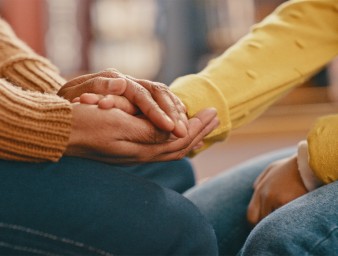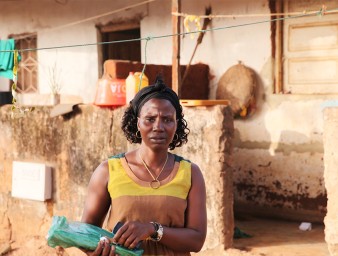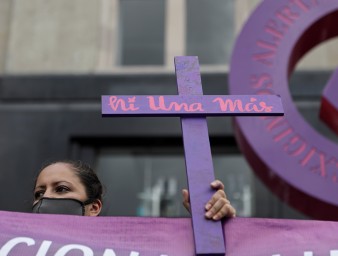Promoting women’s rights in conflict and post-conflict situations
05 May 2012
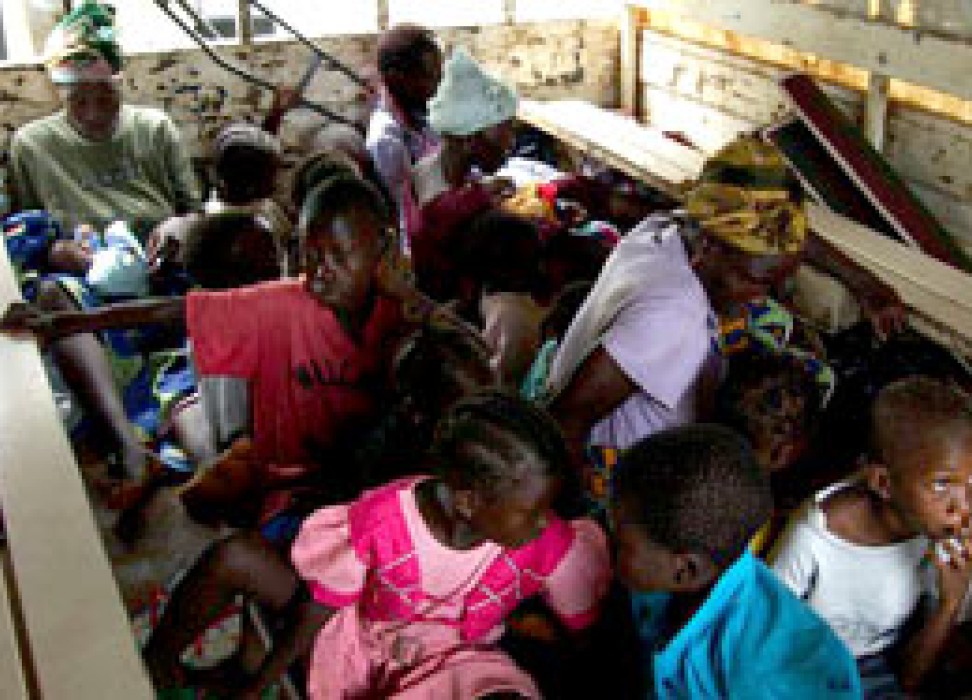
“We know what rape is and we have heard that there is punishment for it, but we are not seeing the punishment,” says Yasin Doe, a woman from Ganta county in northern Liberia. “The Government says the perpetrators will be jailed for life so we are looking up to the Government.”
Yasin survived the civil war but is still scarred by the years of conflict and the challenging post conflict situation in the country. Countless other women like her bear the brunt of war.
Access to justice, equal participation of women in peacebuilding, economic opportunities for women in post conflict situations and violence are some of the key challenges faced by women in conflict and post-conflict situations.
“Securing women’s rights is a critical step to addressing the violations of the rights of women and girls during armed conflicts and post conflict settings,” said Pramila Patten, the Chairperson of the CEDAW (Committee on the Elimination of Discrimination Against Women) Working Group on women in conflict and post-conflict situations.
Speaking at a regional consultation held in Ethiopia’s capital Addis Ababa in April 2012, Patten said that “even though issues relating to women in conflict and post-conflict are receiving attention at the highest levels, much more needs to be done for this to translate into concrete action on the ground.”
CEDAW, the body of independent experts that monitors the implementation of the Convention on the Elimination of Discrimination Against Women, is drafting a new general recommendation on human rights of women in conflict and post-conflict situations.
The purpose of CEDAW’s general recommendation is to provide appropriate and authoritative guidance to States Parties on the measures to be adopted to ensure full compliance with their obligations to protect, respect and fulfil women’s human rights during times of conflict and in all peace-building processes. As of April 2012, CEDAW has adopted 28 recommendations.
Discrimination both in law and practice against women remains alarmingly common, the UN Human Rights Regional Representative Musa Gassama pointed out at the two-day meeting.
“We know that women’s lack of participation in decision-making processes increases their vulnerability to sexual and other forms of violence,”Gassama said at the two-day event. “This is particularly true in post conflict situations where economic and social rights and access to civil and political rights are deeply impacted by militarization and impunity generated instability.”
All too often, women are unable to participate on an equal footing with men in peace negotiations, peace agreements and the development of a post-conflict society. “Where there is an active participation of women in peace negotiations, peace agreements tends to place greater emphasis on social issues - from tackling poverty to providing basic services and an establishment of transitional mechanisms,” said Gassama.
The UN Human Rights Office (OHCHR) assists CEDAW in engaging with civil society and grass roots organisations. One of them, the West African Network Peace building program (WANEP), is assisting women like Yasin and mobilizing women’s groups to promote social justice. WANEP cites patriarchy as one of the obstacles that has kept many women marginalized and excluded from the decision making in West Africa.
The meeting, which focused on Africa, is the second of a series of regional consultations on issues related to the realization of women’s rights in conflict and post-conflict settings. The CEDAW Committee is being supported in the organization of these consultations by OHCHR and UN Women, the UN entity for gender equality and the empowerment of women.
5 May 2012
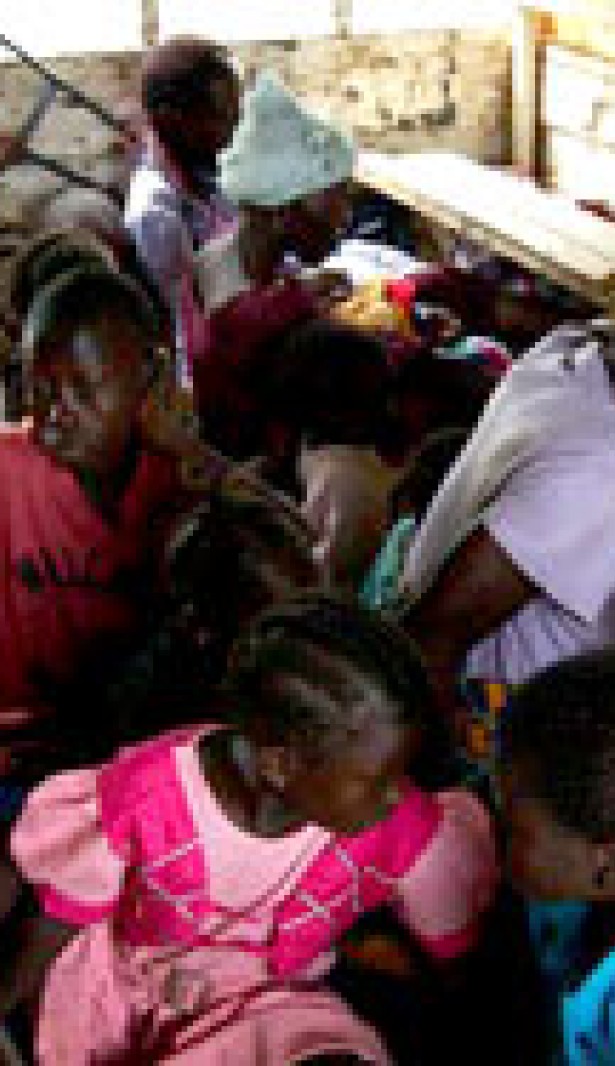
VIEW THIS PAGE IN:
